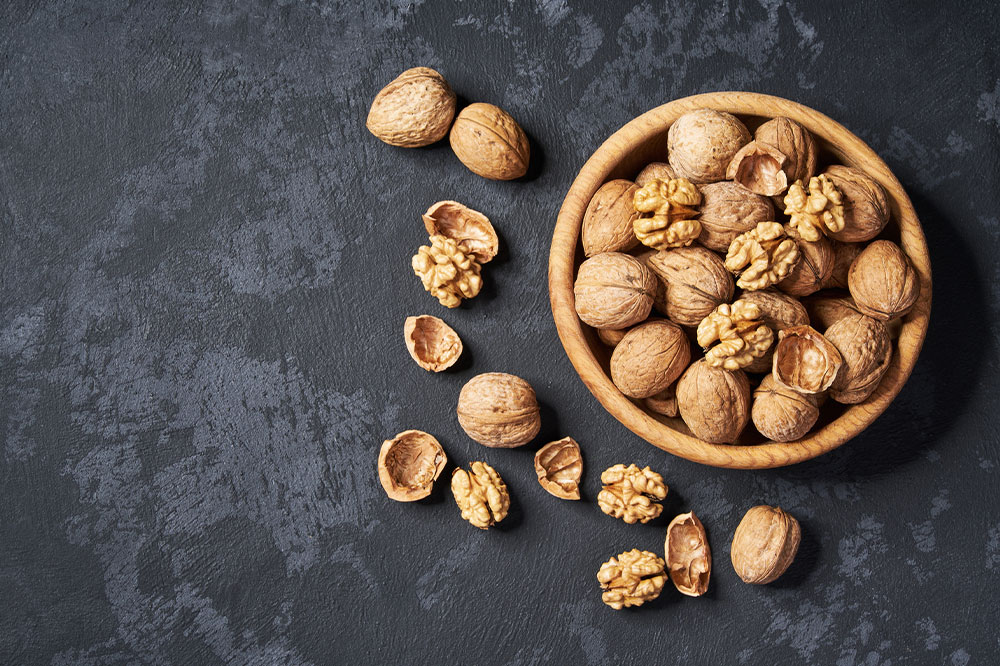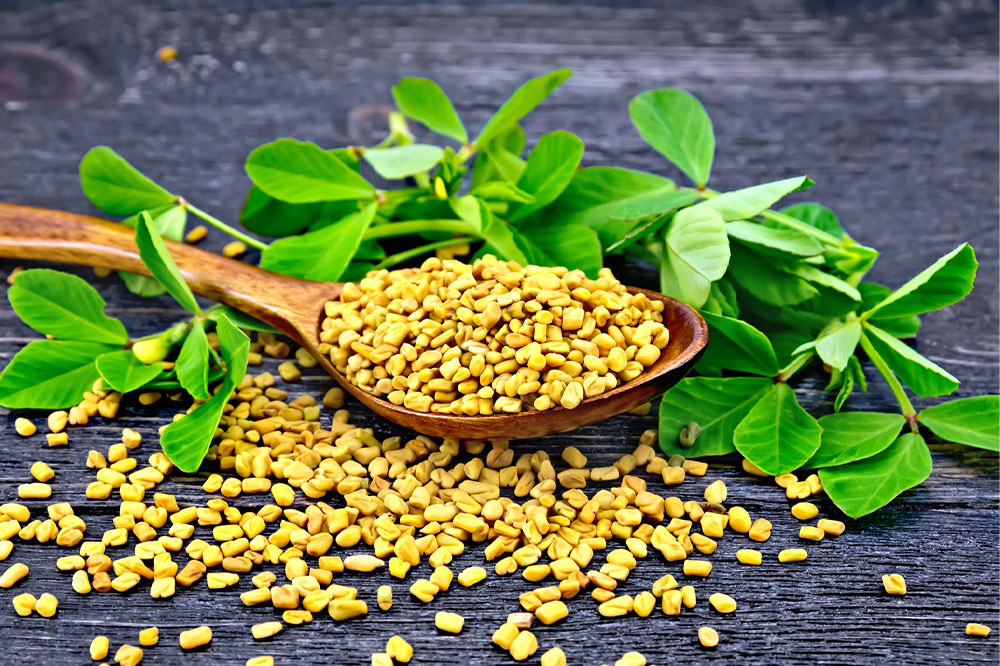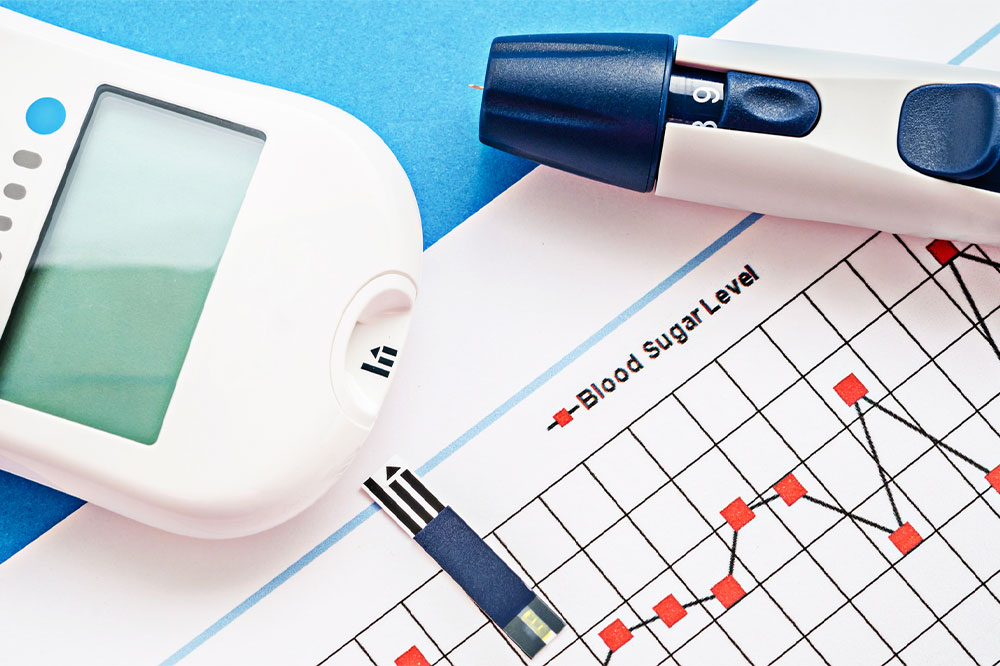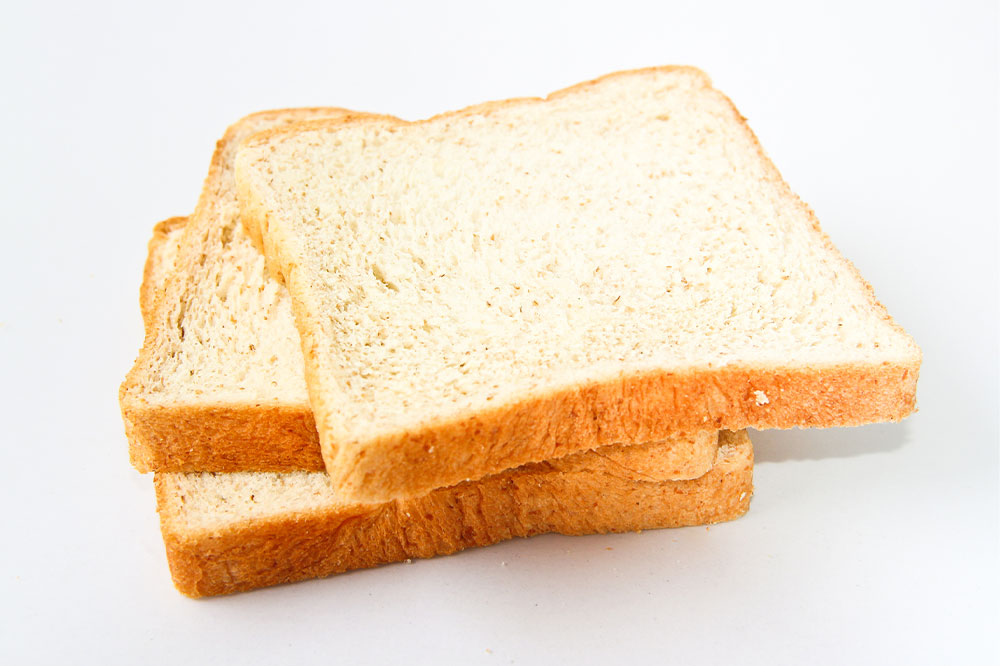6 Surprising Foods That Can Disrupt Your Blood Sugar Levels and How to Manage Them
Discover six common yet surprising foods that can negatively impact your blood sugar levels, along with practical tips on how to manage or avoid them. This comprehensive guide helps people with diabetes make smarter dietary choices to maintain better blood sugar control and overall health.
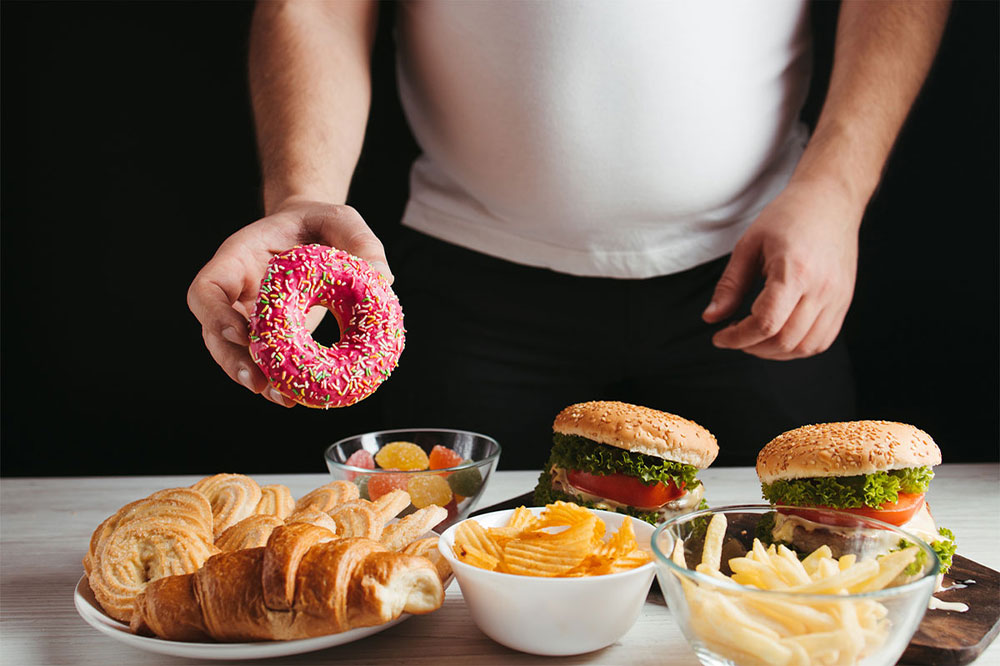
6 Surprising Foods That Can Disrupt Your Blood Sugar Levels and How to Manage Them
Maintaining stable blood sugar levels is crucial for individuals living with diabetes. While adopting a balanced diet is essential, many foods marketed as healthy options can unexpectedly cause blood sugar spikes, complicating management efforts. Understanding which foods might negatively impact blood glucose is vital for adopting better dietary habits. This comprehensive guide explores six common yet often overlooked foods that could sabotage your blood sugar control, along with practical tips on how to enjoy them safely or avoid them altogether.
Whole Grain Rice: A Closer Look
Many people opt for brown rice as a nutritious alternative to white rice, believing it offers more fiber and health benefits. While it does contain more fiber, brown rice still has a high carbohydrate content that quickly converts into glucose in the bloodstream. Portion control is vital when consuming whole grain rice to prevent sudden blood sugar spikes. For those managing diabetes, incorporating smaller servings or pairing brown rice with protein and healthy fats can help stabilize blood sugar levels.
Dried Fruits: A Hidden Sugar Bomb
Dried fruits like raisins, apricots, dates, and dried mangoes are convenient snacks, but they are concentrated sources of sugar and carbohydrates due to the removal of water content. For example, raisins contain over four times the carbs of fresh grapes. This concentration can lead to rapid increases in blood glucose levels, making dried fruits unsuitable for people seeking tight blood sugar regulation. Instead, opt for fresh berries, slices of apple, or other fresh fruits that contain fiber and lower sugar density. These options help satiate cravings without the risk of sudden blood sugar spikes.
Yogurt: Healthy or Not?
While yogurt is widely perceived as a healthy snack, many flavored varieties contain added sugars and sweeteners that significantly increase carbohydrate content. These added sugars can cause blood sugar to rise quickly. To enjoy yogurt's benefits without adverse effects, choose plain, unsweetened yogurt and add natural flavorings like fresh fruit, nuts, or a dash of cinnamon. Greek yogurt is also a good option due to its higher protein content, which helps with satiety and blood sugar stability.
Fruit Juices: A High-Sugar Trap
Many assume that fruit juices are healthy because they are derived from natural fruits. However, most commercial fruit juices lack fiber and are loaded with sugars, causing blood glucose to spike rapidly. Consuming fruit juices can be as detrimental as drinking soda, especially if consumed in large quantities. For better health and stable blood sugar levels, opt for eating whole fruits, which contain fiber that slows glucose absorption. Replacing fruit juices with water infused with slices of lemon, berries, or cucumber can provide flavor without the added sugar.
Natural Sweeteners: Use Sparingly
Honey, agave nectar, and maple syrup are often viewed as healthier alternatives to refined sugar. However, they still contain high levels of carbohydrates and can cause blood sugar spikes if used excessively. For people with diabetes, it's best to use these natural sweeteners sparingly and consider other options like stevia or monk fruit, which do not impact blood glucose as significantly. Always remember that moderation is key when it comes to natural sweeteners.
Breakfast Cereals: Hidden Sugars
Many breakfast cereals targeted at children and adults are loaded with added sugars and processed carbohydrates, making them unsuitable for those managing blood sugar. These cereals often contain refined grains that cause rapid glucose absorption. A better start to the day involves a protein-rich, low-carb breakfast such as eggs, Greek yogurt, nuts, and vegetables. Incorporating fiber and protein helps slow down carbohydrate absorption and promotes sustained energy throughout the morning.
Understanding which foods can unexpectedly disrupt blood sugar control is essential for effective management of diabetes. By making informed dietary choices, such as controlling portion sizes, reading labels carefully, and opting for whole, unprocessed foods, individuals can better regulate their blood glucose levels. Remember, small adjustments can make a significant difference in preventing spikes and maintaining overall health. Consulting with healthcare professionals or a registered dietitian can also provide personalized advice tailored to individual needs.
In conclusion, being aware of the hidden sugars and carbohydrate counts in everyday foods is vital. Many foods deemed healthy or convenient can have adverse effects on blood sugar levels, emphasizing the importance of careful dietary habits and moderation. Whether it's dried fruits, flavored yogurt, or breakfast cereals, knowledge is power in diabetes management. Embrace a whole-foods approach, prioritize fresh produce, and choose minimally processed options to achieve better control over your blood sugar and live healthier.
